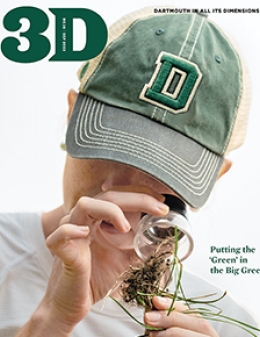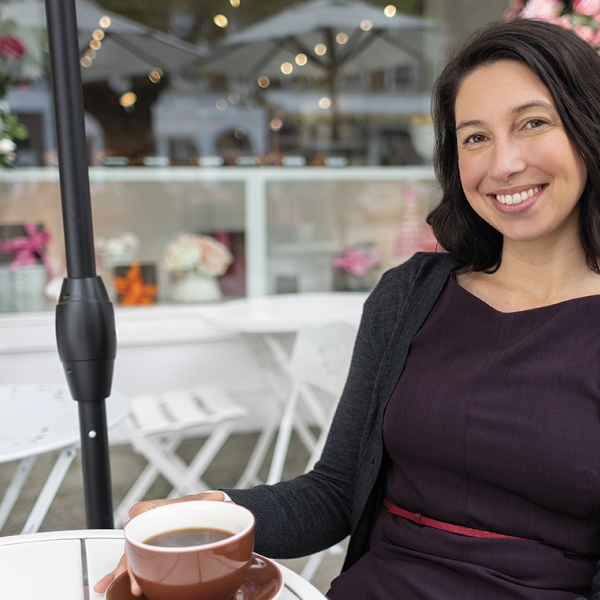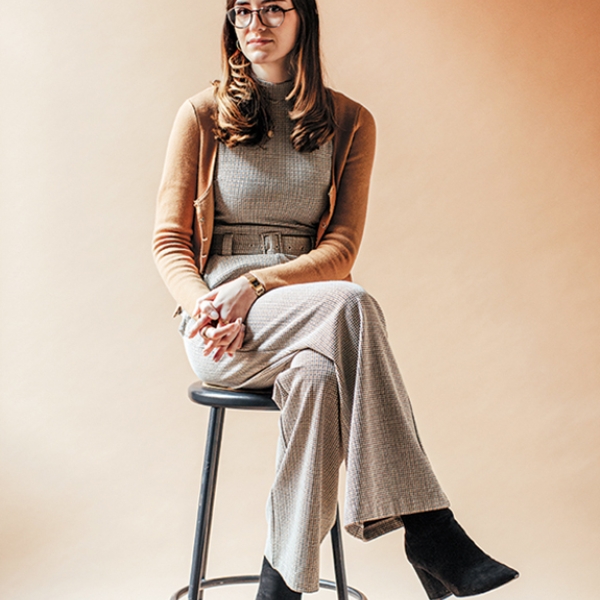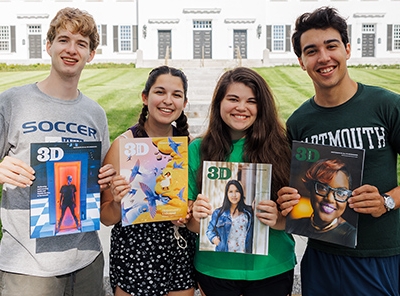During an internship at the Massachusetts State House in 2006, Diana Hwang '04 looked around and was shocked by how few Asian American people worked there—none of them legislators. What she saw isn't limited to Massachusetts. Today, Asian Americans and Pacific Islanders (AAPI) account for fewer than 1 percent of state legislators nationally.
In 2009, Hwang founded the Asian American Women's Political Initiative, or AAWPI, to fund internships for Asian American women at the Massachusetts legislature that were typically unpaid. Hwang recognized that AAWPI funds could make internships at the Massachusetts legislature more accessible, especially for low-income and immigrant women. "There are a lot of systemic barriers that prevent pipelines into government," she says. "It's about being able to create safe spaces for AAPI women who I think very rarely feel like they can show up as their full selves in this very radical way, and really champion a new way of building political power."
The daughter of Taiwanese immigrants, Hwang had little interest in politics while growing up in Texas and didn't vote until she was 21. Hwang remembers that when she first told her parents about her first job at the Massachusetts State House, her dad doubted she could ever "be one of them." This March, Politico included Hwang on its list of 40 power players who in 2022 shaped the intersection of race, culture, politics, and policy, alongside figures like Ketanji Brown Jackson and Kamala Harris.
Hwang remembers switching her major at least three times before graduating with a degree in sociology from Dartmouth. She spent time at what was then known as the Center for Women and Gender and enjoyed intersectional classes focused on race and gender—coursework she says helped her understand the role of her identity in her transition from a public school in the diverse city of Houston to the Hanover community. She went on to earn her MBA from Columbia in 2018.
In 2021, when six women of Asian descent were among the victims gunned down in racial attacks in Atlanta, AAWPI received an outpouring of support, including more than 1,000 donations of $1 or $2. AAWPI grew to create "civic impact" fellowships for AAPI women in Georgia and Pennsylvania. The fellowship awards $10,000 grants and provides mentorship and support to its recipients, enabling a range of women's projects from providing fresh and culturally relevant food to community kitchens in Philadelphia to increasing Iranian American voter turnout in the state of Georgia. By 2025, Hwang plans to offer fellowships in Texas and California, states with the fastest-growing AAPI populations. "A lot of what I've done is create spaces I wish I had had," she says.
AAWPI COO Darlene Vu notes the organization—and Hwang—are nimble. "She's very imaginative, she thinks in innovative ways, she's a leader who thinks about group dynamics," says Vu. "She understands the importance of bringing people along on their journey."
Caroline Mahony '25 is an intern with Dartmouth Alumni Magazine. This story is adapted from a piece she wrote for DAM's July/August 2023 issue.
In "Onward and Upward," 3D presents essays by and about Dartmouth alumni, a close-knit network (currently 80,000 people and counting) with no shortage of stories of lessons learned—and lifelong bonds forged—beginning with their time in Hanover. Just ask them!
Photograph by Robyn Twomey




